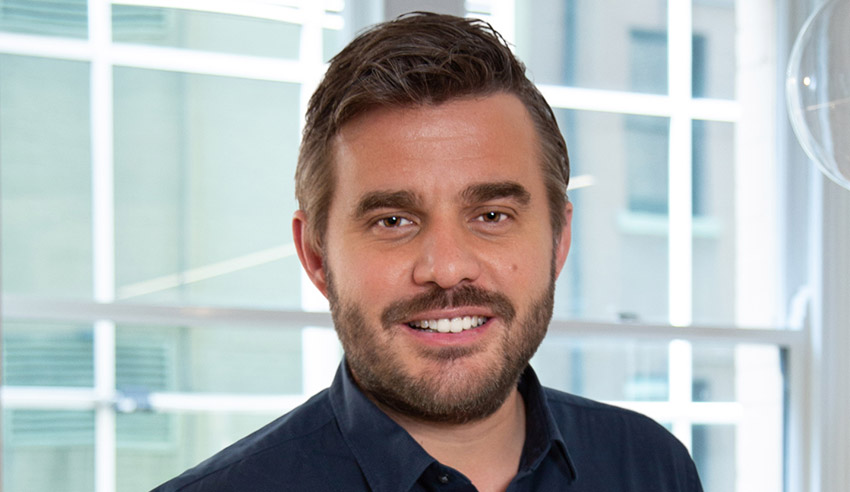Ensuring that the entirety of the legal function remains responsive to the needs of the business – and can be proactive about addressing those needs – is preferable to shoring up the engagement levels of individual professionals.

Speaking to Lawyers Weekly ahead of this week’s Corporate Counsel Summit (at which LOD will be discussing what the next generation law department will look like), LOD Australia managing director Paul Cowling (pictured) said that, in order to be both responsive and proactive as a legal function, teams “typically” need several key things.
Ensuring there are enough hours in the day to complete necessary tasks, he advised, requires having in place the right level and type of resources.
“This isn’t just the number of permanent staff on your team, it’s a combination of internal and external support. The right level of support is also not a static thing,” Mr Cowling explained.
“The Goldilocks’ level of legal team resource is unique to each team, but we’re seeing many progressive and leading clients roll out extra resources for crunchy periods. Two common examples, they flex up their in-house legal teams for critical litigation and during end of year or end of quarter periods.
“This smooths the workload of your team, so that you’re not over-resourced during the steady months, nor drowning in the hectic periods.”
A team that collectively understands the role that it plays pertains to clear risk thresholds, and having its individual lawyers understand the commercial side is also fundamental, Mr Cowling went on.
“Part of this is simply talent attraction, retention and training. More sophisticated in-house teams will have a strategy document that unifies and guides the team as to how to best allocate their energy,” he said.
In implementing such non-negotiables in the law department’s DNA, especially against the backdrop of all other urgent priorities that the department must address day to day, Mr Cowling said that leaders can and must take a moment to separate what is urgent from what is important.
“It’s important to find some time in your diary to appraise what your team is doing and how. Consider whether time-consuming workflows can be self-served or outsourced. This isn’t easy to do, but in order to become responsive and proactive, you need to bake in some organisational slack,” he mused.
“Partnering with organisations that can lift some of those workflows of your to-do list without hand holding is a key way for many legal teams to get this done.”

Jerome Doraisamy is the managing editor of professional services (including Lawyers Weekly, HR Leader, Accountants Daily, and Accounting Times). He is also the author of The Wellness Doctrines book series, an admitted solicitor in New South Wales, and a board director of the Minds Count Foundation.
You can email Jerome at: